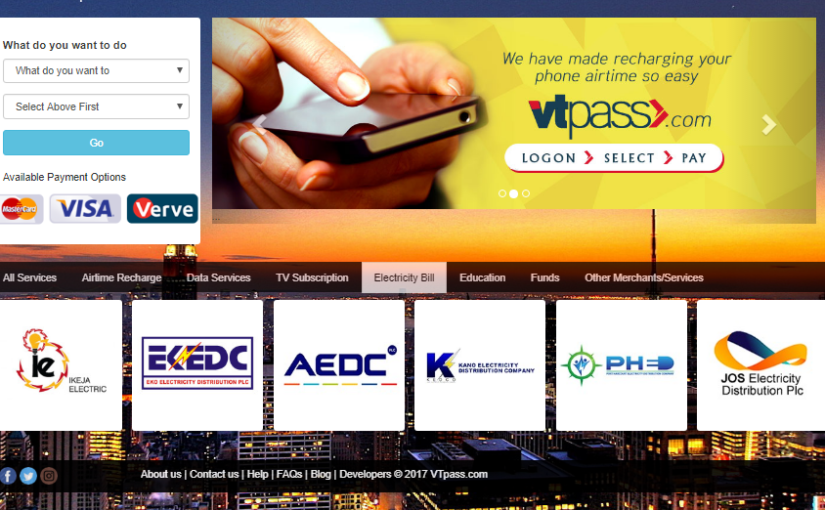Electricity has, no doubt, been a blessing to every individual life. And though it seems there are more miles to cover before we attain the status of constant, stable electricity in Nigeria, we can’t ignore the fact that right steps are being taken in the right direction. First off, there is the decentralisation of power distribution and partial handing over of power management and administration onto private companies with the purport of ensuring a more effective, less bureaucratic control over the power sector.
Also, the sale and installation of prepaid meters in individual homes have gone a long way in stamping a seal of accountability on the minds of Nigerians. Not only can individuals gauge and estimate the rate of electricity they consume, but they can also control it. So that the company only charge them for the exact amount of energy they consume. As great as having the prepaid or postpaid meter may be, it poses certain questions which if not readily and rightly answered can put off any consumer. Here at Vtpass.com, we have provided ready, responsive answers to all such questions as can be seen below.
WHERE TO PAY
 Having to go far away to distant outlets can be quite an energy-sapping task. And a time wasting one too. But why go through a lot of stress paying for your electricity bill when you can, from wherever you are, simply sit back and pay for it in three easy steps. Vtpass.com affords you the opportunity of doing this, just as it affords you the opportunity to pay for your phone airtime, data subscription and cable tv subscription. You want to try it now?
Having to go far away to distant outlets can be quite an energy-sapping task. And a time wasting one too. But why go through a lot of stress paying for your electricity bill when you can, from wherever you are, simply sit back and pay for it in three easy steps. Vtpass.com affords you the opportunity of doing this, just as it affords you the opportunity to pay for your phone airtime, data subscription and cable tv subscription. You want to try it now?
Just log in to vtpass.com.
Select Pay Electricity Bill and enter your details on the displayed form.
Pay.
A token will be generated for you in form of an email or text message. You only have to input the number of the token into the meter.
HOW TO PAY
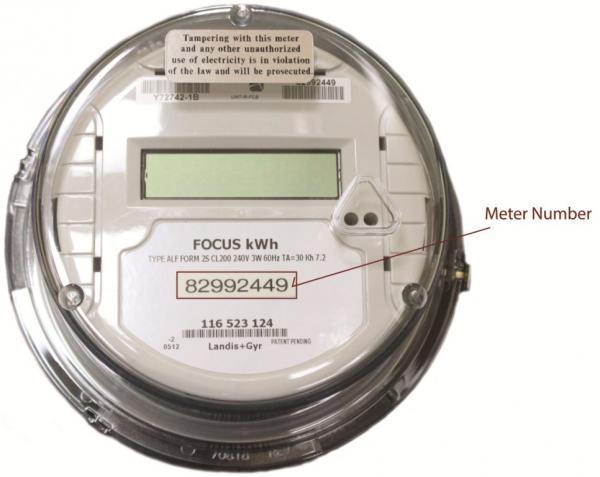 When paying for your electricity bill, one thing you need to know is your meter number. But oh, you are thinking, my meter number. Isn’t it the one on the card that comes with the meter? Well, you will be right if you are not talking about the long list containing both alphabets and numbers. Because that is only the serial number, not the meter number. Meter numbers are strictly numbers, no alphabets included.
When paying for your electricity bill, one thing you need to know is your meter number. But oh, you are thinking, my meter number. Isn’t it the one on the card that comes with the meter? Well, you will be right if you are not talking about the long list containing both alphabets and numbers. Because that is only the serial number, not the meter number. Meter numbers are strictly numbers, no alphabets included.
Again, meter numbers are not just found on cards, they can also be found on the meters. It all depends on where you live and hence, which distribution company you belong to. 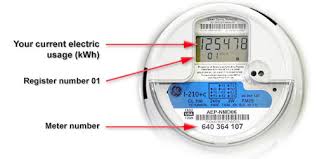 In fact, they are also called account numbers in some regions. The pattern of the meter number also varies based on each distribution company.
In fact, they are also called account numbers in some regions. The pattern of the meter number also varies based on each distribution company.
With these meter numbers, you can pay your electricity bill on vtpass.com by simply logging in, entering your details including your meter number and paying. Just remember that your meter numbers are strictly numbers.
WHAT YOU SHOULD WANT TO KNOW ABOUT YOUR ELECTRICITY METER
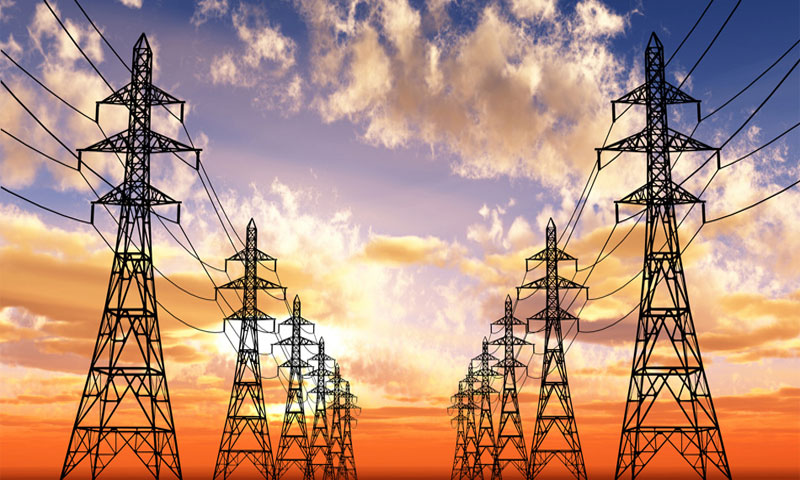 Beyond buying and installing your meter, you might want to know about the pending debt on your meter. This pending debt usually comes with almost every new meter and needs to be cleared before any proper use. You can make proper enquiries about the exact amount of the pending debt on your new meter and then clear it on vtpass.com. Log in to vtpass.com, enter the amount of the debt alongside your meter number and pay.
Beyond buying and installing your meter, you might want to know about the pending debt on your meter. This pending debt usually comes with almost every new meter and needs to be cleared before any proper use. You can make proper enquiries about the exact amount of the pending debt on your new meter and then clear it on vtpass.com. Log in to vtpass.com, enter the amount of the debt alongside your meter number and pay.
Also, you can make payment for your 9mobile, Airtel, MTN, GLO airtime and data subscription on vtpass.com. Again, renew your DStv, GOtv and Startimes subscriptions and so much more by visiting vtpass.com.

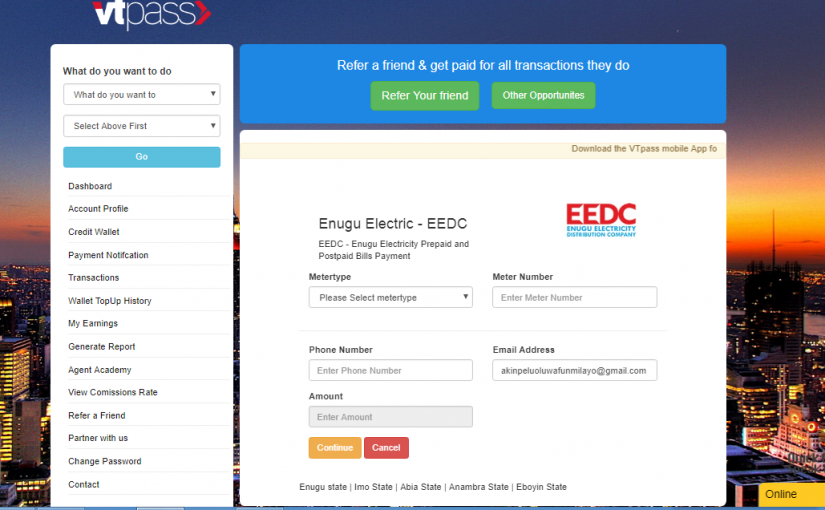
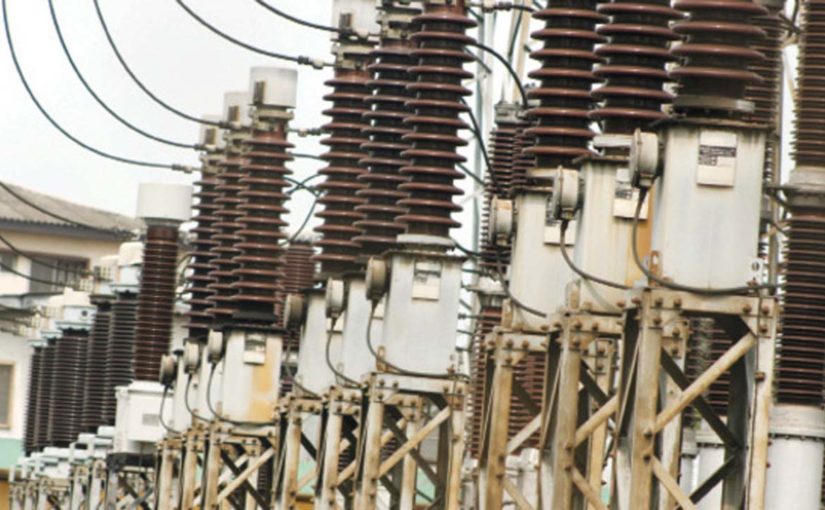
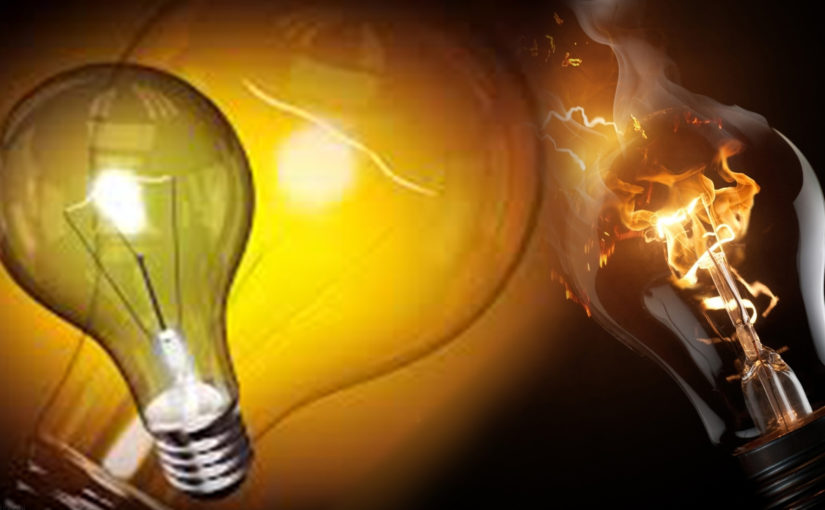
 Having to go far away to distant outlets can be quite an energy-sapping task. And a time wasting one too. But why go through a lot of stress paying for your electricity bill when you can, from wherever you are, simply sit back and pay for it in three easy steps.
Having to go far away to distant outlets can be quite an energy-sapping task. And a time wasting one too. But why go through a lot of stress paying for your electricity bill when you can, from wherever you are, simply sit back and pay for it in three easy steps.  When paying for your electricity bill, one thing you need to know is your meter number. But oh, you are thinking, my meter number. Isn’t it the one on the card that comes with the meter? Well, you will be right if you are not talking about the long list containing both alphabets and numbers. Because that is only the serial number, not the meter number. Meter numbers are strictly numbers, no alphabets included.
When paying for your electricity bill, one thing you need to know is your meter number. But oh, you are thinking, my meter number. Isn’t it the one on the card that comes with the meter? Well, you will be right if you are not talking about the long list containing both alphabets and numbers. Because that is only the serial number, not the meter number. Meter numbers are strictly numbers, no alphabets included. In fact, they are also called account numbers in some regions. The pattern of the meter number also varies based on each distribution company.
In fact, they are also called account numbers in some regions. The pattern of the meter number also varies based on each distribution company. Beyond buying and installing your meter, you might want to know about the pending debt on your meter. This pending debt usually comes with almost every new meter and needs to be cleared before any proper use. You can make proper enquiries about the exact amount of the pending debt on your new meter and then clear it on vtpass.com. Log in to
Beyond buying and installing your meter, you might want to know about the pending debt on your meter. This pending debt usually comes with almost every new meter and needs to be cleared before any proper use. You can make proper enquiries about the exact amount of the pending debt on your new meter and then clear it on vtpass.com. Log in to